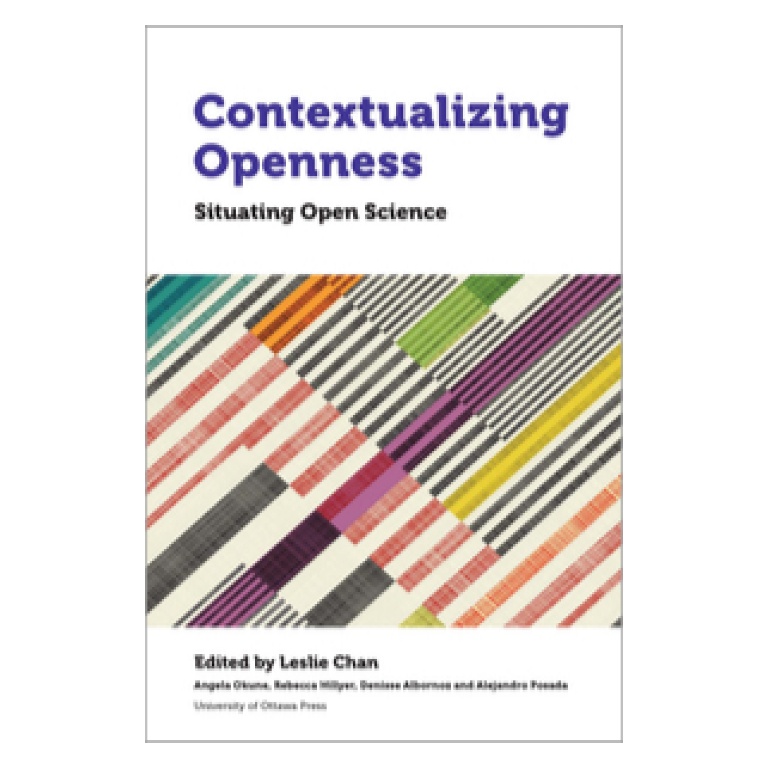This chapter explores issues of boundaries in practices of Open Science regarding research involving Indigenous peoples in South Africa. We start considering colonial notions of “science” and “openness,” and how historical injustices and lack of redress influence the context in which our current research sits. Our research broadly aimed to
develop a political, ecological approach to understanding the relationship between climate change, intellectual property, and indigenous peoples. Our approach was influenced by “decolonizing methodologies” and feminist perspectives, and we employed participatory action research methodologies to guide not just the substantive, but
also procedural elements of the research. We discuss our experience with developing “community-researcher contracts” in an attempt to make ourselves as researchers more accountable to Indigenous Nama and Griqua communities and to adequately protect their Indigenous knowledge. The challenges of negotiating the contracts is described and how we conceptualized the concept of a “situated openness”—a way of doing research that assumes knowledge production and dissemination is situated within particular historical, political, socio-cultural, and legal relations.
Contextualizing Openness: Situating Open Science
Contextualizing Openness: Situating Open Science
- Laura Foster
- Publication Date
2019
 The College of Arts
The College of Arts